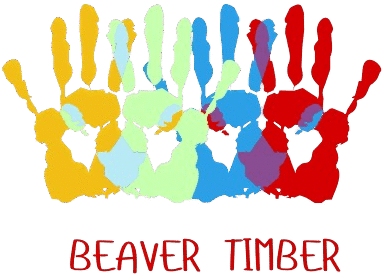Online gaming has become a cornerstone of modern entertainment, transforming the way people interact, compete, and connect across the globe. What started as simple multiplayer options on local networks has expanded into vast, interconnected digital universes where millions of players come together in real time. This shift has redefined gaming from a solitary activity into a dynamic social experience that blends competition, creativity, and community.
At its core, online gaming is about communication and collaboration. Players join forces to tackle challenges, strategize, and celebrate victories, forging friendships and teams that often extend beyond the virtual world. The social aspect of http://www.stay-scotland.co.uk/ gaming fosters a sense of belonging, allowing people to connect regardless of physical distance, age, or background. This has turned online games into vibrant communities where shared experiences create lasting bonds.
The diversity of online gaming is remarkable. Whether it’s action-packed shooters, immersive role-playing games, or casual puzzle apps, there is something for everyone. Advances in technology have made gaming accessible on multiple platforms—PCs, consoles, and mobile devices—allowing players to engage anytime, anywhere. Cross-platform play has further united gamers, enabling seamless interaction regardless of device.
Online gaming’s cultural impact is profound. The rise of esports has brought professional gaming into the mainstream, with tournaments attracting millions of viewers worldwide and players becoming celebrities. Streaming platforms like Twitch and YouTube have also changed how people consume gaming content, turning everyday players into influencers and content creators who shape gaming trends and communities.
Despite its many benefits, online gaming faces challenges. Toxic behavior, cyberbullying, and addiction are concerns that both players and developers actively address. Efforts to create safer and more inclusive environments include improved moderation tools, community guidelines, and initiatives promoting positive gaming culture.
Looking ahead, the future of online gaming is bright and full of innovation. Emerging technologies such as virtual reality, augmented reality, and artificial intelligence promise even deeper immersion and more personalized experiences. These advancements will blur the lines between real and virtual worlds, creating new ways for players to engage and connect.
In conclusion, online gaming is much more than a pastime; it is a powerful social and cultural force that continues to evolve. It connects people, drives technological progress, and shapes entertainment in the digital age. As it grows, online gaming will remain an essential part of how people play, communicate, and experience the world around them.
